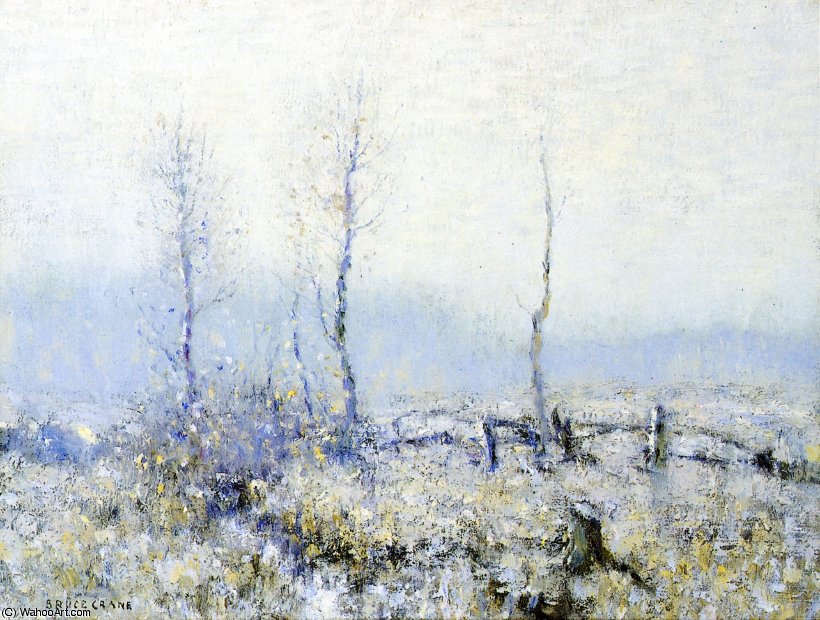Friday – New Year’s Eve
W. S. Merwin has a lovely New Year’s Day poem, one that contrasts dramatically with, say, Tennyson’s “Ring out, wild bells” (from In Memoriam) in that Merwin’s new year enters quietly. “With what stillness at last you appear in the valley,” the poet observes, speaking to the new year. Later, after he hears the voice of a mourning dove calling plaintively, he remarks, “so this is the sound of you here and now whether or not anyone hears it.”
The poem seems to veer between a quiet melancholy and a quiet acceptance. Many years of experience have taught the aging poet to tamp down his New Year expectations. He is no longer convinced that accumulated knowledge will usher in great changes, and perhaps he thinks he no longer hopes. At any rate, whatever hopes he once entertained have become so evanescent as to be “invisible before us.” And yet, just because he can no longer see these hopes does not mean that they aren’t there. Because they are invisible, they are untouched and, because untouched, perhaps still possible.
To the New Year
By W. S. Merwin
With what stillness at last
you appear in the valley
your first sunlight reaching down
to touch the tips of a few
high leaves that do not stir
as though they had not noticed
and did not know you at all
then the voice of a dove calls
from far away in itself
to the hush of the morning
so this is the sound of you
here and now whether or not
anyone hears it this is
where we have come with our age
our knowledge such as it is
and our hopes such as they are
invisible before us
untouched and still possible
Further thought: The hush that Merwin mentions reminds me of a favorite episode in a favorite children’s book of mine, the early morning boat excursion in Wind in the Willows where Rat and Mole sense the presence of the great god Pan. The preternatural stillness presages something momentous, but they can’t grasp what:
Then a change began slowly to declare itself. The horizon became clearer, field and tree came more into sight, and somehow with a different look; the mystery began to drop away from them. A bird piped suddenly, and was still; and a light breeze sprang up and set the reeds and bulrushes rustling. Rat, who was in the stern of the boat, while Mole sculled, sat up suddenly and listened with a passionate intentness. Mole, who with gentle strokes was just keeping the boat moving while he scanned the banks with care, looked at him with curiosity.
“It’s gone!” sighed the Rat, sinking back in his seat again. “So beautiful and strange and new! Since it was to end so soon, I almost wish I had never heard it. For it has roused a longing in me that is pain, and nothing seems worthwhile but just to hear that sound once more and go on listening to it forever. No! There it is again!” he cried, alert once more. Entranced, he was silent for a long space, spellbound.
“Now it passes on and I begin to lose it,” he said presently. “O Mole! the beauty of it! The merry bubble and joy, the thin, clear, happy call of the distant piping! Such music I never dreamed of, and the call in it is stronger even than the music is sweet! Row on, Mole, row! For the music and the call must be for us.”
And yet another thought: I’ve only just realized that I reported on this poem once before. It was read at the memorial service for the 2010 victims of the Tucson, Arizona shooting along with the following Merwin observation:
Poetry addresses individuals in their most intimate, private, frightened and elated moments. People turn to poetry in times of crisis because it comes closer than any other art form to addressing what cannot be said. In expressing the inexpressible poetry remains close to the origins of language.
